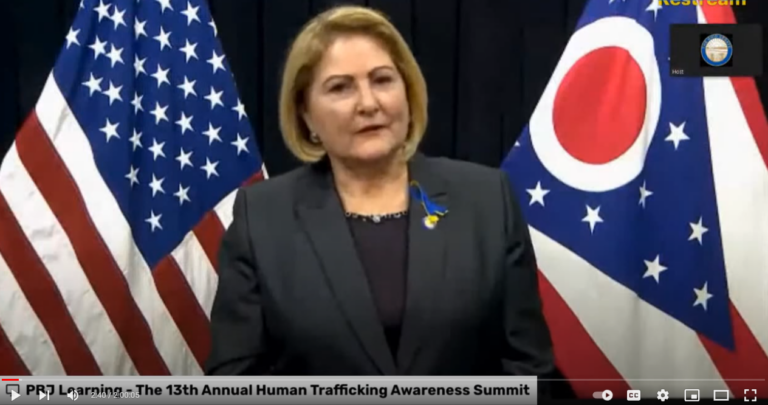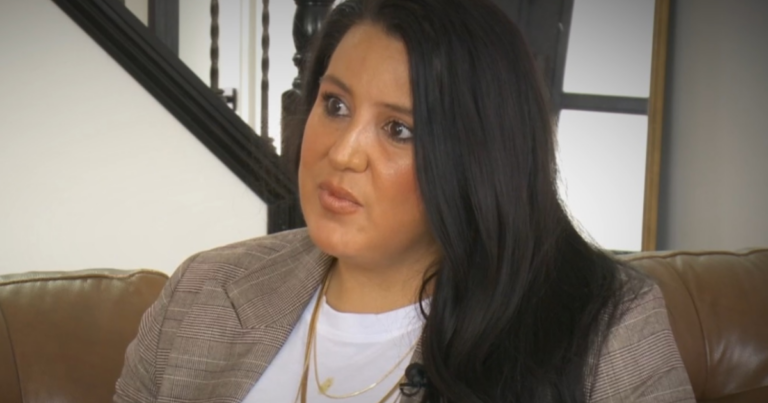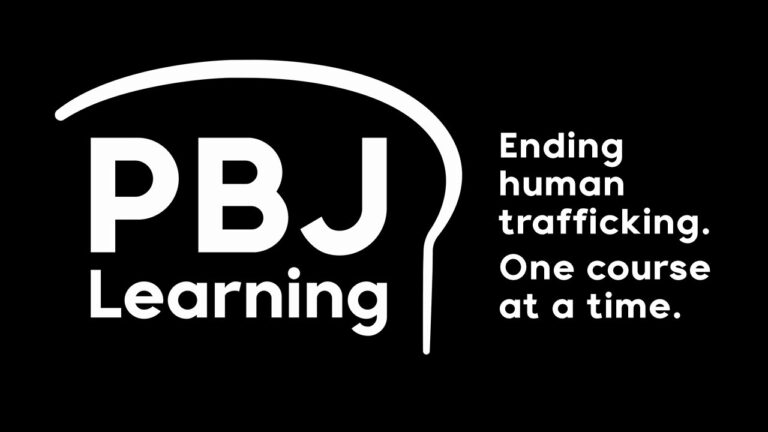The 13th Annual Human Trafficking Awareness Summit
Streamed to our YouTube channel on Mar 4, 2022. We were not able to get all the panels, etc., but we’re posting everything we have! Description: Hosted by Senator Teresa Fedor (D-Toledo), Representative Tavia Galonski (D-Akron), Senator Stephanie Kunze (R-Columbus), and Representative Tracy Richardson (R-Marysville) the 13th Annual Human Trafficking Awareness Summit will bring the…










